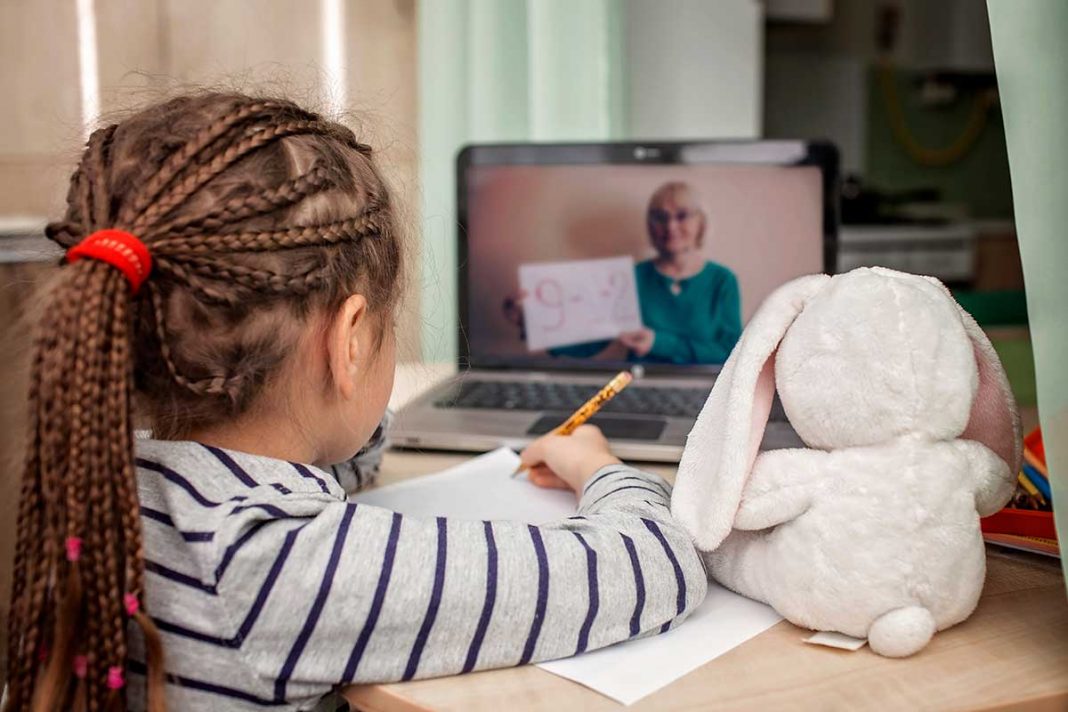TORONTO — The Ontario government is protecting the health and safety of students during the COVID-19 outbreak by keeping schools closed for the rest of this school year. This decision was made after consulting with the Chief Medical Officer of Health, health experts on the COVID-19 Command Table, and medical experts at The Hospital for Sick Children. At the same time, the government is planning for the reopening of schools for the 2020-21 school year, the gradual reopening of child care, and the opening of summer day camps subject to the continuing progress in trends of key public health indicators.
Today’s announcement was made by Premier Doug Ford, Stephen Lecce, Minister of Education, and Christine Elliott, Deputy Premier and Minister of Health.
“Nothing is more important than protecting our kids in this province, bar none over anything,” said Premier Ford. “Today’s announcement gives parents certainty, knowing that their children can continue to learn safely at home and that we have a plan for child care as we work to gradually reopen more of our economy, when it is safe to do so.”
All students who were on track to graduate from secondary school before the initial school closure order was made in March will be able to graduate, and all students will receive report cards.
Later this summer, the government will announce a plan to strengthen learning and safety protocols to enable students and staff to return to in-class instruction for the 2020-21 school year. That plan will be bolstered by an enhanced province-wide virtual learning program that will allow all students to learn, regardless of the challenges that may transpire in the coming months.
Private schools, licensed child care centres and EarlyON programs will also remain closed for the safety and protection of children, families and staff through Stage 1 of the Framework for Reopening the Province. Emergency child care will continue to operate and provide support for health care and other frontline workers. A gradual reopening of child care is expected to begin when the province is ready to transition to Stage 2 based on public health criteria, which will include robust safety protocols for the safety of Ontario’s youngest learners and their staff.
“We will never waver from our commitment to keep your child safe, while learning at home,” said Minister Lecce. “Our plan will ensure students receive the best educational experience, both inside and outside the classroom, during this difficult time. That is why we are strengthening summer learning opportunities, reopening summer day camps, and it is why we will continue to make the case for synchronous, live, and dynamic learning.”
Assuming trends in key public health indicators continue to improve, summer day camps, both indoor and outdoor, may be permitted in July and August of this year with strict health and safety guidelines to be developed in partnership with local public health, the Ministry of Labour, Training and Skills Development, and municipalities. Overnight camps will not be permitted to operate in the summer of 2020.
The province also unveiled an expanded seven-point summer learning plan to ensure Ontario students have every opportunity to continue their learning through the summer months. Summer learning programs are being expanded to reach the most students in Ontario history, to ensure they remain on track to start the 2020-21 school year with the confidence and knowledge required to succeed.
To support at-home learning, the government is leveraging all tools, resources, technologies and services to assist school boards deliver equitable and effective learning through access to technology and Internet connectivity, especially for students in rural and remote parts of Ontario. To help improve access to remote learning, Ontario is partnering with 34 organizations and private businesses, along with school boards, to address key needs among educators, students and their families during the COVID-19 outbreak.
Ontario has worked to identify and make available low-cost, high-impact solutions that can significantly improve the Learn at Home experience now and into the future. Access to digital learning resources, supports for special education needs and mental health, as well as Internet connectivity and access to devices have all been identified by school boards and other stakeholders as urgent needs during the current school closure period. These organizations and businesses were identified through a call for proposals on the Ontario Together website between March 31, 2020 and April 21, 2020.
Quick Facts
- The Ontario government is transforming elementary and secondary education to create more fluency with digital learning and literacy, provide equitable access provincewide to high quality online courses, and improve teacher capacity to support remote learning.
- On March 20, 2020, the Ministry of Education unveiled the Learn at Home / Apprendre à la maison portal, which includes resources for families and students while schools remain closed. The portal has received 3.35 million views to date.
- Nearly 25,000 teachers have taken the Ministry of Education professional development program on virtual and synchronous learning.
- On May 9, 2020, the government introduced a plan to support child care operators during the emergency period so that spaces remain protected for parents as they return to the labour market.
- Ontario is helping parents pay for the extra costs associated with school and child care closures during the COVID-19 outbreak through the Support for Families initiative, a one-time payment of $200 per child up to 12 years of age, and $250 for those with special needs, including children enrolled in private schools. To date, the province has supported approximately 1.23 million children and youth in Ontario.





